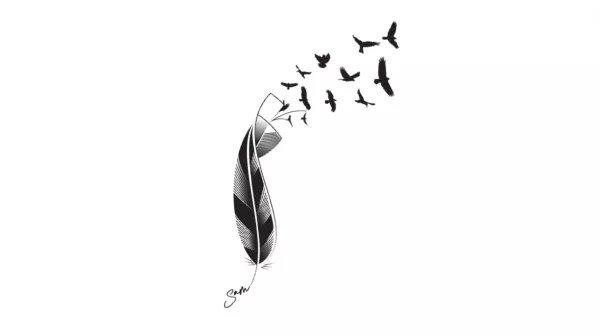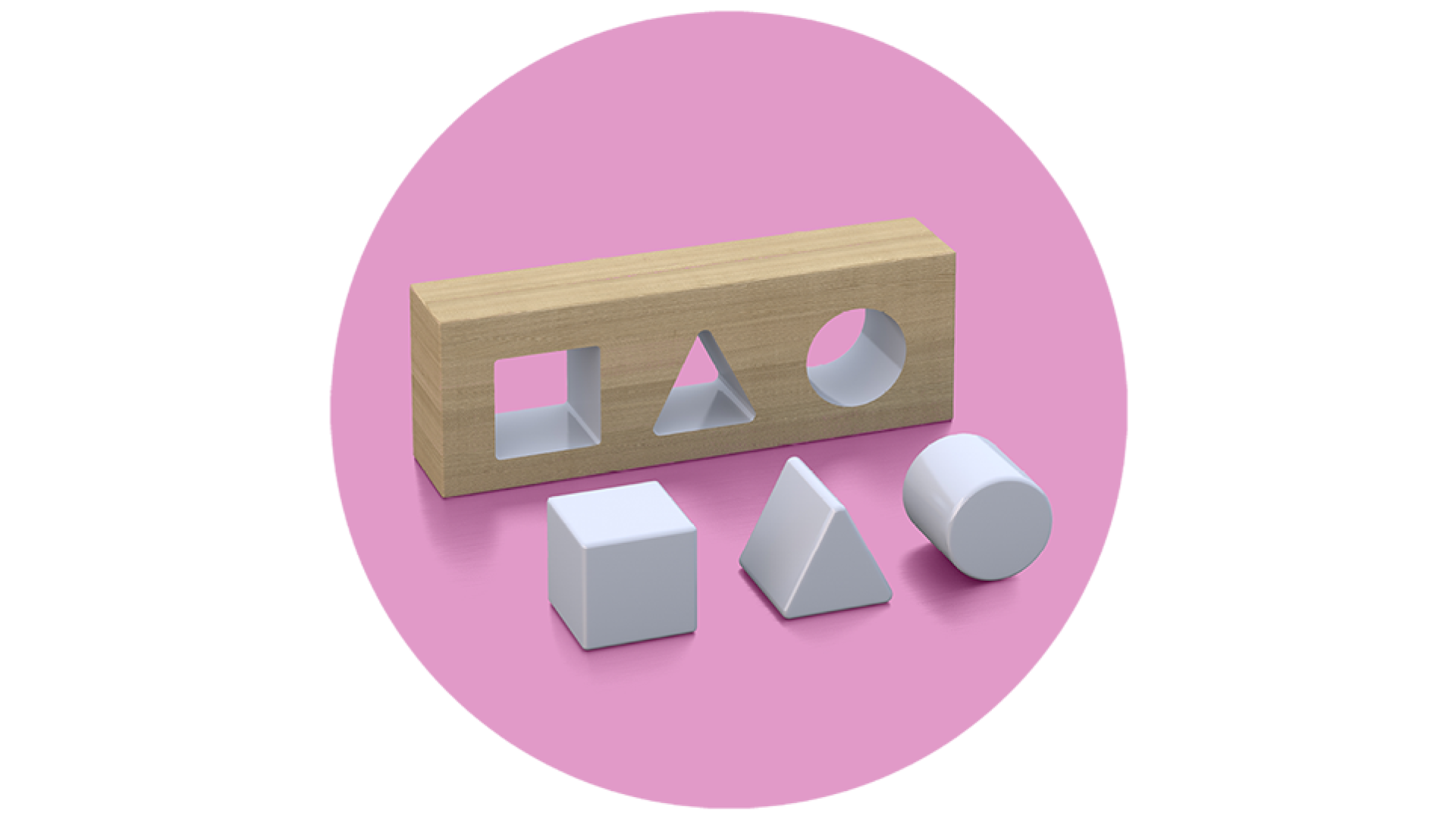Like most Kiwis my identity has been shaped by more than one ethnic culture. May be that is why the issue of our national identity fascinates me so. I’ve spent considerable time over the last 10 years thinking about what it means to be a Kiwi. My conclusions continue to evolve.
My parents are Greek and moved here just before I was born. Despite the weird surname I feel more Kiwi than I do Greek. As a child, my parents didn’t speak English, ate weird foods and did almost everything differently from everyone else. Despite my parents telling me to be proud to be Greek, I spent many years embarrassed about, and rebelling against, my Greek heritage. I just wanted to be like my Kiwi mates. It wasn’t until my early 20s that I grew into my skin, coming to understand that it was the combination of Greek and Kiwi that made me who I was.
Despite not being British nor Māori, my multi-cultural upbringing has given me a clear perspective on what it means to be Kiwi.
I love where we’ve got to as a nation over the last 5 years or so on the issue of national identity. We’ve starting to embrace our Māori roots with a passion, learning that our heritage is a source of pride not embarrassment. It’s our Māori origin story – not our colonial roots - that make us truly unique and, therefore, special. Like many, I’ve loved learning more of te reo, embracing tikanga protocol and applying Te Ao principles to my own world view.
We are Aotearoa New Zealand and I’m proud to be a member of our nationwide iwi.
At the same time, we’ve also become more comfortable with the notion that we are not just bi-cultural, but a multi-cultural migrant nation. As a result, we’ve become more accepting that we are an Asian-Pacific nation with people from every corner of the globe calling themselves Kiwis. It’s a shame that it takes events like the mosque shooting for us to recognise ‘they are us.’
Identity has always been a source of conflict and we’ve seen that in the last few years. There’s those who see embracing other identities as a direct attack on their own. The die-hard xenophobes in this group are unlikely to ever change. Worse still is the larger group of wannabes embracing inclusiveness because they’ve been told to, to be seen to by others, or to tick the right boxes - and there have been many of them in recent years, embracing our wider identity for the wrong reasons. I’m no expert in Māori culture but I found myself uncomfortable and embarrassed on several occasions by the tokenism, and lack of cultural sensitivity and understanding on display.
While the previous government was well-meaning and helped elevate a cultural appreciation on one hand, their political correctness also encouraged growth in both the groups above.
I’ve been torn in recent times about the coalition government’s stance. I’d hate to see us go backwards when it comes to embracing our true identity. But I also like that embracing our identity isn’t a ‘must do’, rather a ‘want to do'. In our recent dealings with many Government agencies I’ve already seen less ‘going through the motions’ behaviours. And there are already fewer corporates talking to us about how they need to be seen to embrace diversity if they want to compete in the New Zealand business landscape.
What is emerging, though, is those organisations who genuinely want to embrace what it means to be a Kiwi in 2024. For some it’s a genuine understanding that they are a New Zealand entity who must reflect the society that gives them licence to operate.
We’ve come a long way in recent times and the last few years have in many ways been the shot in the arm needed for a more inclusive identity to emerge. However, what we need now is a more natural evolution. Let’s encourage more people to learn about the many Kiwi origin stories and embrace those elements that most resonate with their story. And let’s highlight the similarities in our multi-cultural stories – migration journeys, determination, resilience and a search of a better life – rather than our differences. Only then can each of us embrace who we collectively are, not when others tell us we should.
As a design agency helping our clients communicate with their many stakeholders, we encourage clients to consider how their story reflects society today in a way that is true to them. We encourage them to embrace this journey, moving forward at a pace that makes sense for them.
The second reason identity is important to me is that I am the father of an adopted son. Adopted kids often grow up with identity issues, struggling to understand who they are and where they belong. I want Sam to know himself and his people.

A few years ago I got this tattoo on my forearm for him. It reflects the many layers of his life journey and tells him we’ll support him whoever he chooses to be. I chose the huia feather because it represents something precious, like Sam. I also chose it to reflect my own identity. On one arm I have a Greek key of life pattern tattoo so on the other arm I wanted something that spoke to my unique Kiwi heritage. After all, on one hand I’m Greek and on the other I’m Kiwi.

